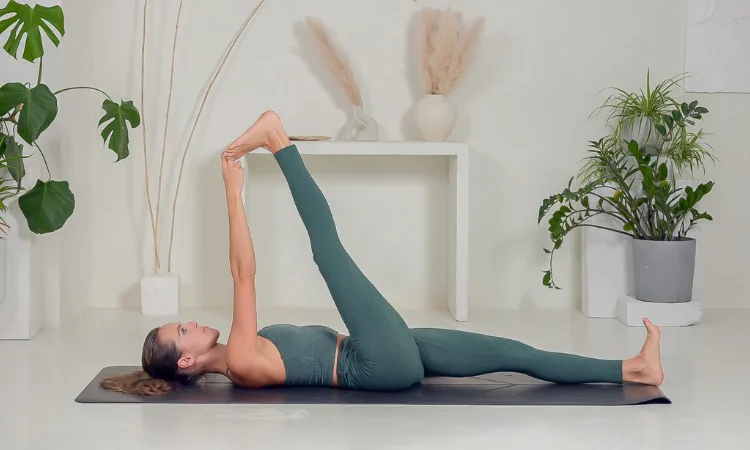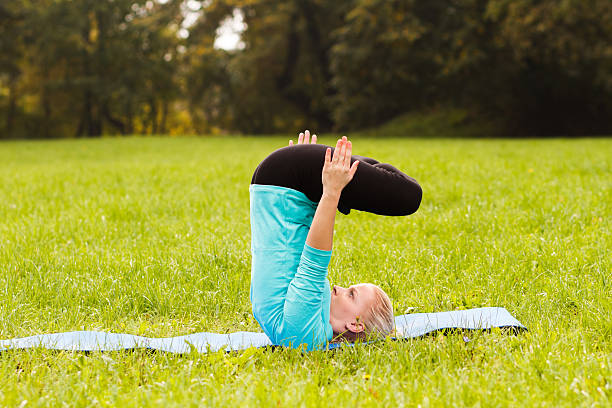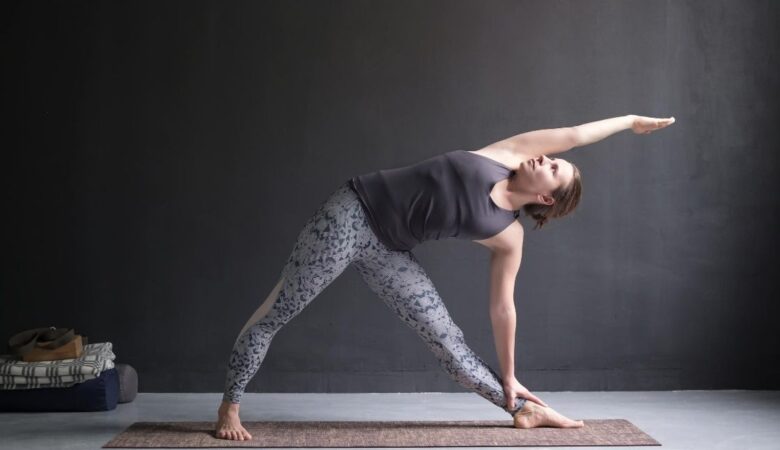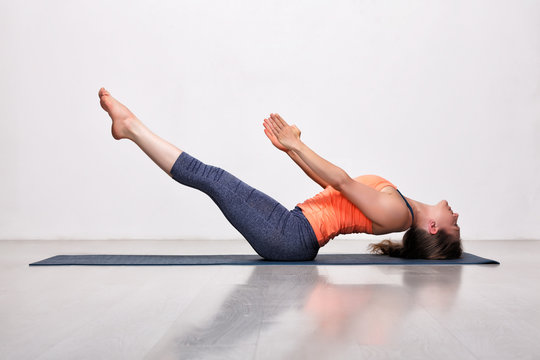
Sanskrit Name: Simhasana (सिंहासन)
English Name: Lion Pose
Type of Yoga: Hatha Yoga
Level of Yoga: Basic
Duration: As per your capability or 30 to 45 seconds
Target Area: Throat muscles
Strengthens: Lungs, Throat
Simhasana (Lion Pose) is very beneficial in many diseases. Yogis have considered this posture very important for our health because of this posture is not only beneficial for the body but also for eyes, voice, etc. In this seat, you have to roar like a lion, so this seat should be done in a quiet and peaceful place.
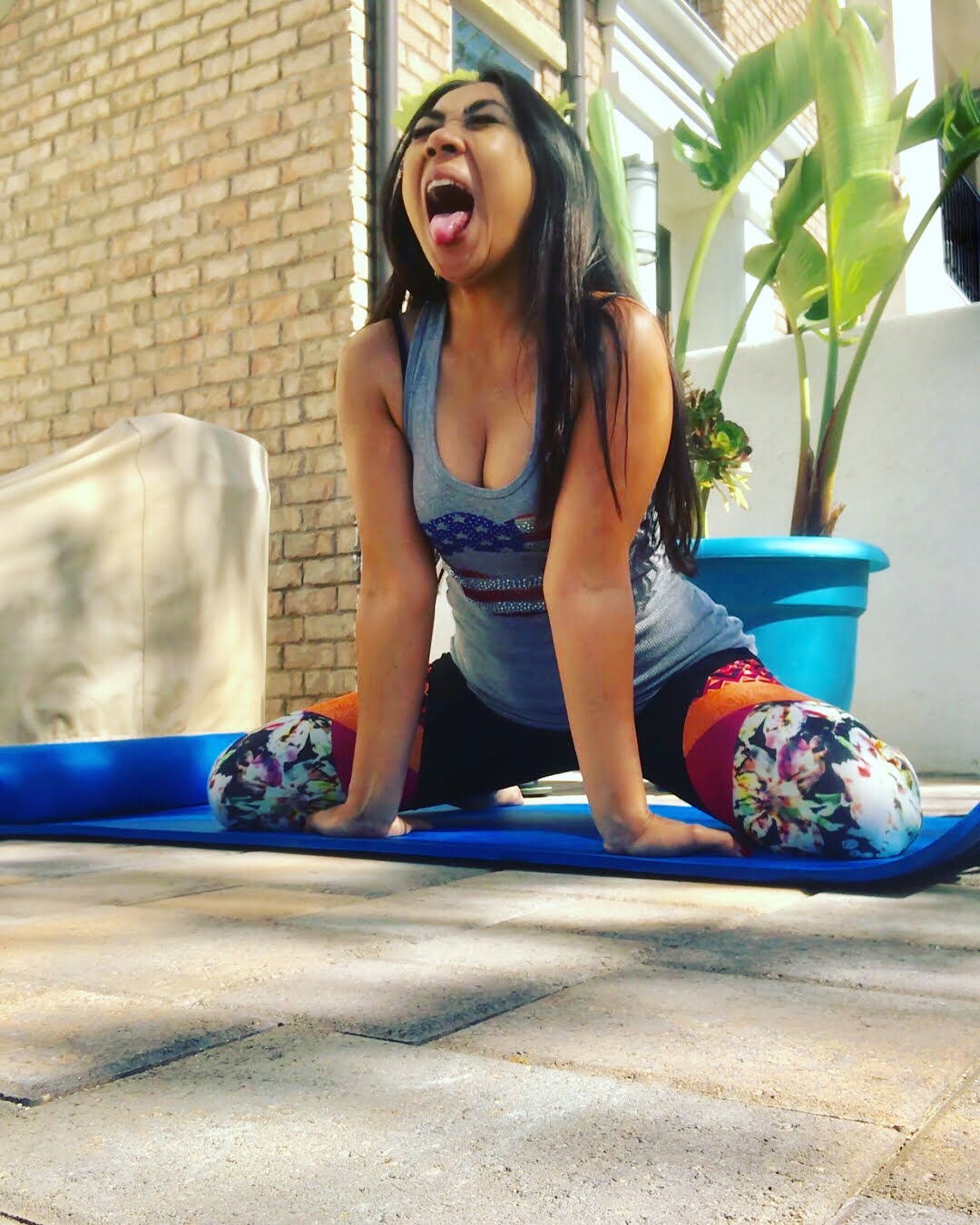
Table of Contents
What Does It Mean By Simhasana?
The word Simhasana has come from two Sanskrit language words.
The first word is “Simha (सिंह)”, which means “Lion”
And the second word is “Asana (आसन)”, which means “Yoga posture”
Preparatory Poses of Simhasana:
- Adho Mukha Svanasana (अधोमुखश्वानासन) or Downward-Facing Dog Pose
- Siddhasana (सिद्धासन) or Accomplished Pose
- Virasana (वीरासन) or Hero Pose
- Baddha Konasana (बद्धकोणासन) or Bound Angle Pose or butterfly Pose
- Sukhasana (सुखासन) or Easy Pose
- Supta Virasana (सुप्त वीरासन) or Reclined Hero Pose
- Supta Baddha Konasana (सुप्तबद्धकोणासन) or Reclining Bound Angle Pose
- Dandasana (दण्डासन) or Staff Pose
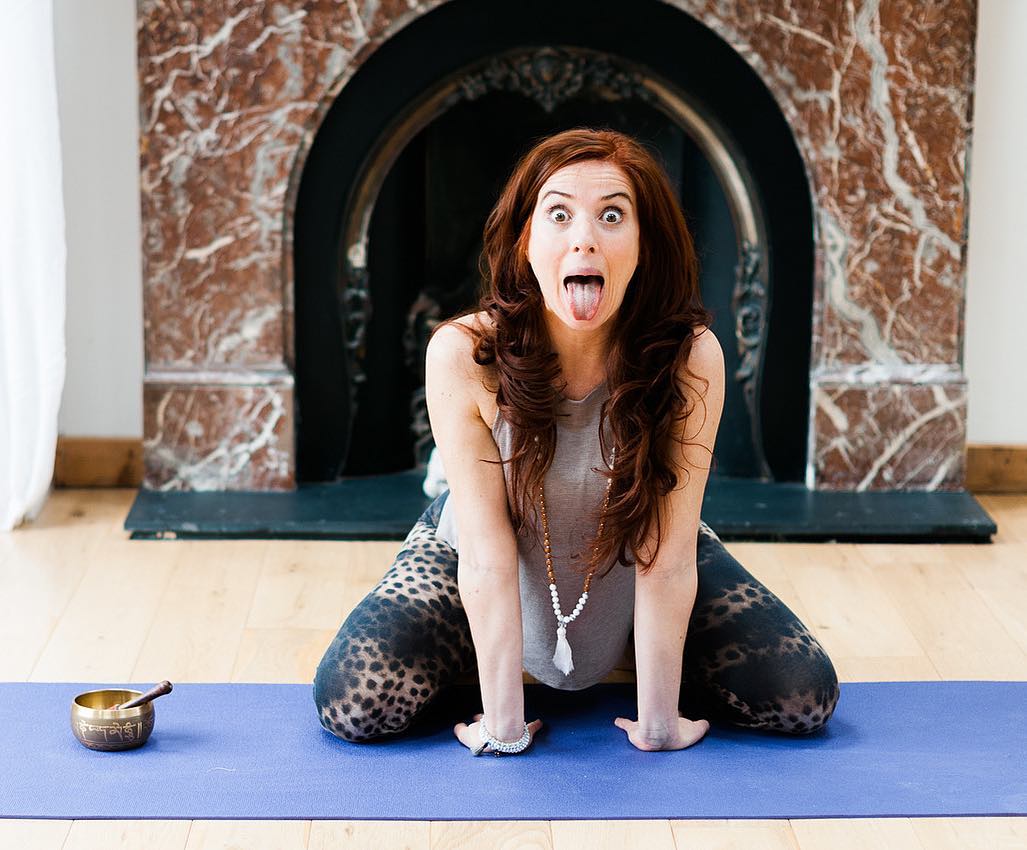
Method of Doing Simhasana:
First of all, lay a mat on a clean and flat place
Now sit in Vajrasana
Now keeping your feet together spread the knees as far as possible
Then keep both of your hands between both the knees in such a way that the fingers of both hands should place inward and your wrist at the outward
Keep both hands straight, and bowing take your upper body forward
Open the mouth as much as possible by keeping the head backward.
Take your tongue out opening your mouth wide
Open the eyes and look at the middle of the Mediterranean (both eyebrows middle of the forehead or at the tip of the nose).
Now slowly breathing in with your nose and breathing out with your mouth
The healthy person should do it 10 times daily
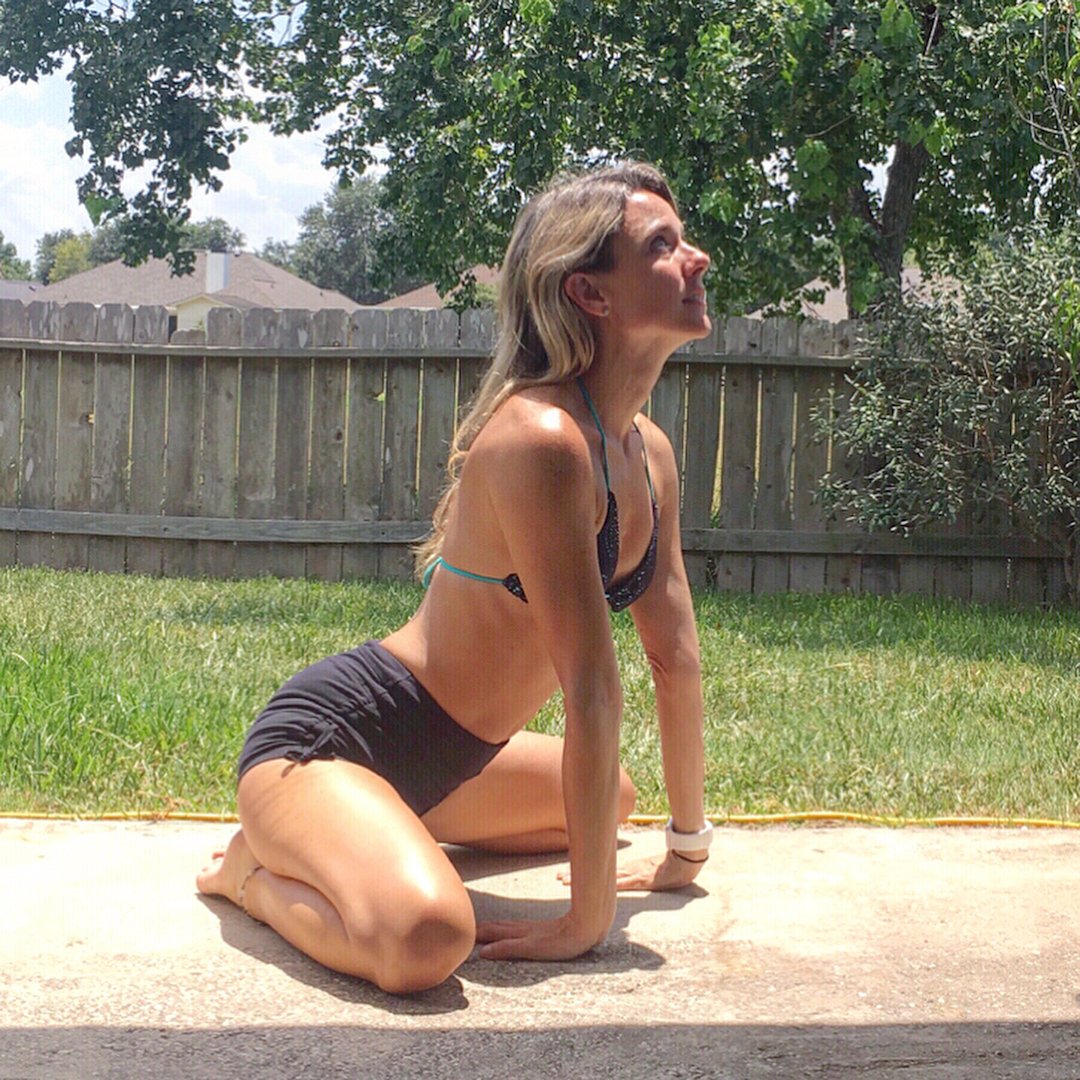
Beginner’s Tips:
If for some reason you can’t sit in the Vajrasana, then you can do this asana by sitting on the chair
It has 4 variations but if you are a beginner then do not try all of them at once
Follow-Up Poses of Simhasana:
- Ustrasana (उष्ट्रासन) or Camel Pose
- Ardha Mandalasana (अर्ध मण्डलासन) or Half circle pose
- Balasana (बालासन) or Child’s Pose
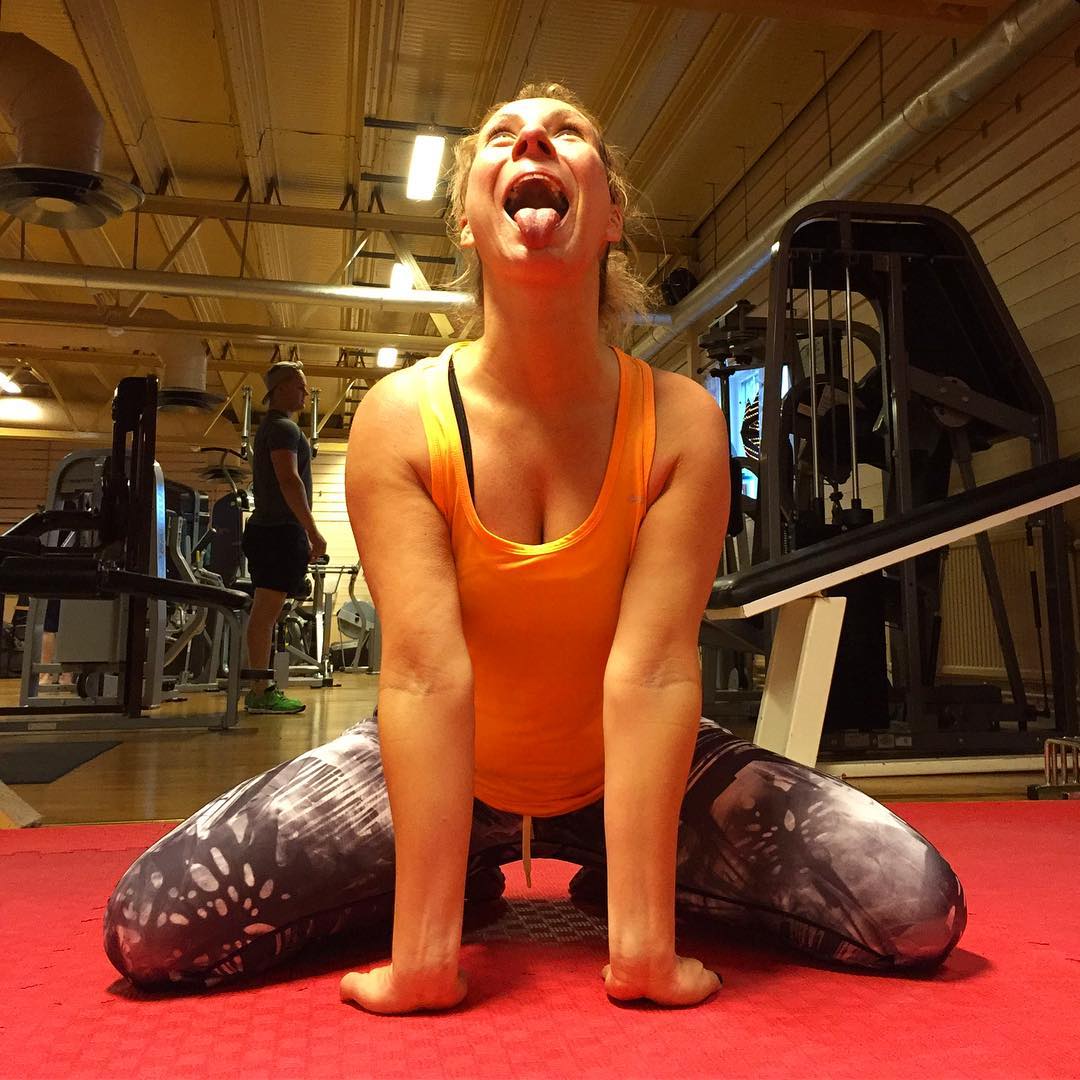
Precautions of Simhasana:
If there is a pain in the throat then do not do this asana
Even if there is a pain in the knee, this posture should not be done
Do not practice the Lion Pose even when there is a pain in your back
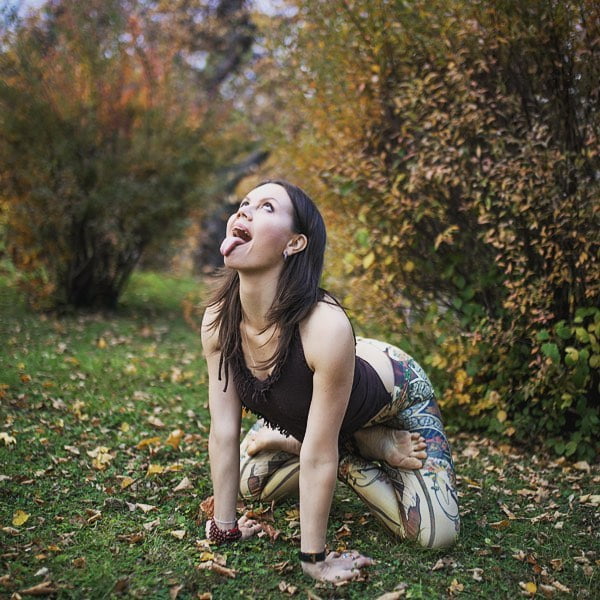
Benefits of Simhasana:
- This posture gives you relief in back pain and neck pain
- Due to the good embrace of the throat, it provides relief in any throat infection and the sound gets better
- This is a great addition to the thyroid. By doing it daily, you can avoid problems related to thyroid.
- The Lion pose is a good exercise for eyes so it eliminates the problem of eye vein weakness
- This posture leads to the flow of oxygen in the body correctly
- With the regular practice of the Lion Pose, you get relief in asthma
- It is a kind of antioxidant posture, which increases the glow of the face and keeps the skin freshness with the exercise.
- This is a good posture for people suffering from ear, nose and throat diseases
- With regular practice of Lion Pose, you can get rid of facial wrinkles, hence it is also called Anti-Aging Asana.
- This posture brings strain in your face muscles, which is a good practice for the face
- It is beneficial to clean the stomach, small intestine, large intestine, and kidney.
- If someone stammers, then he should practice the Lion Pose to get rid of the stammering problem.

